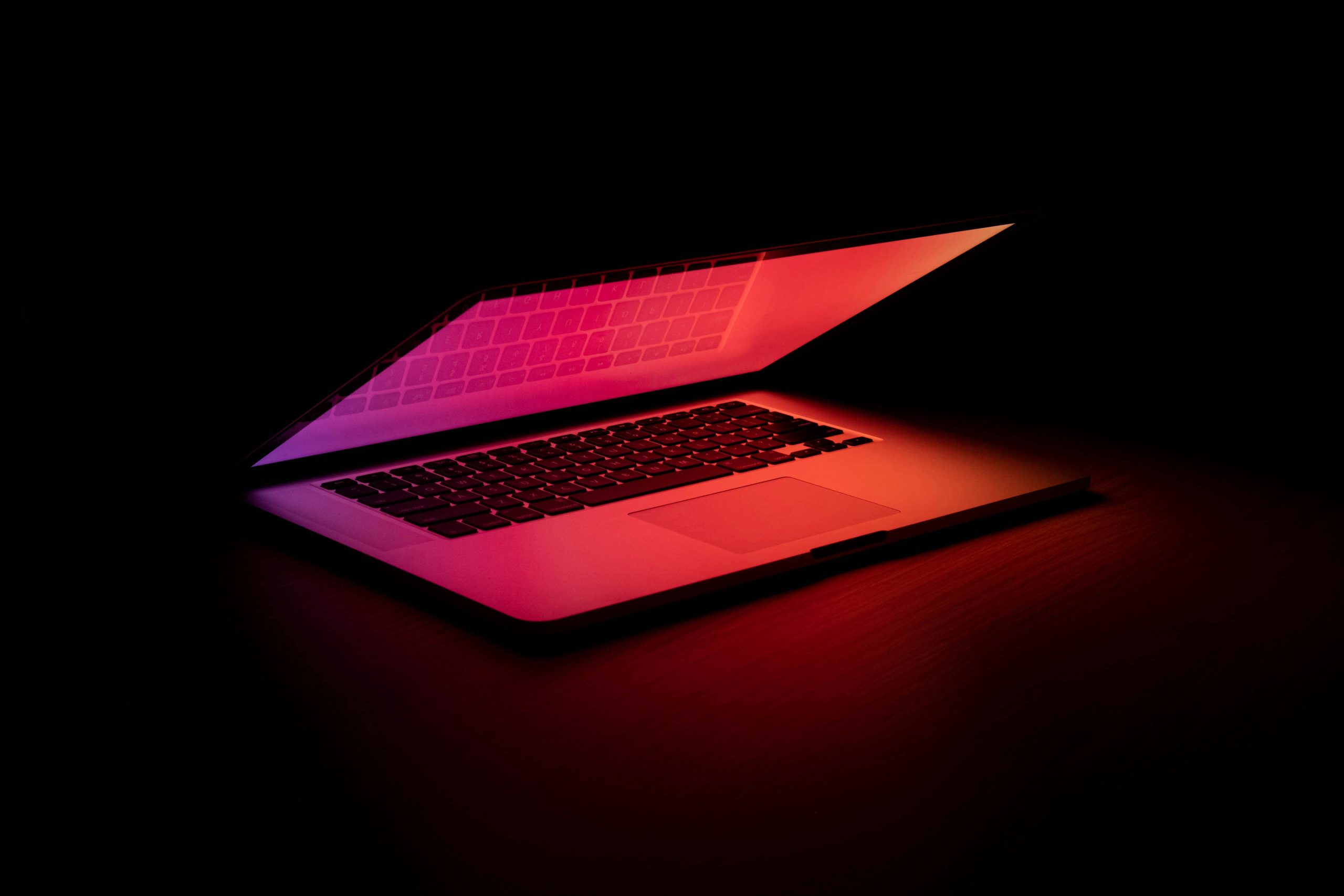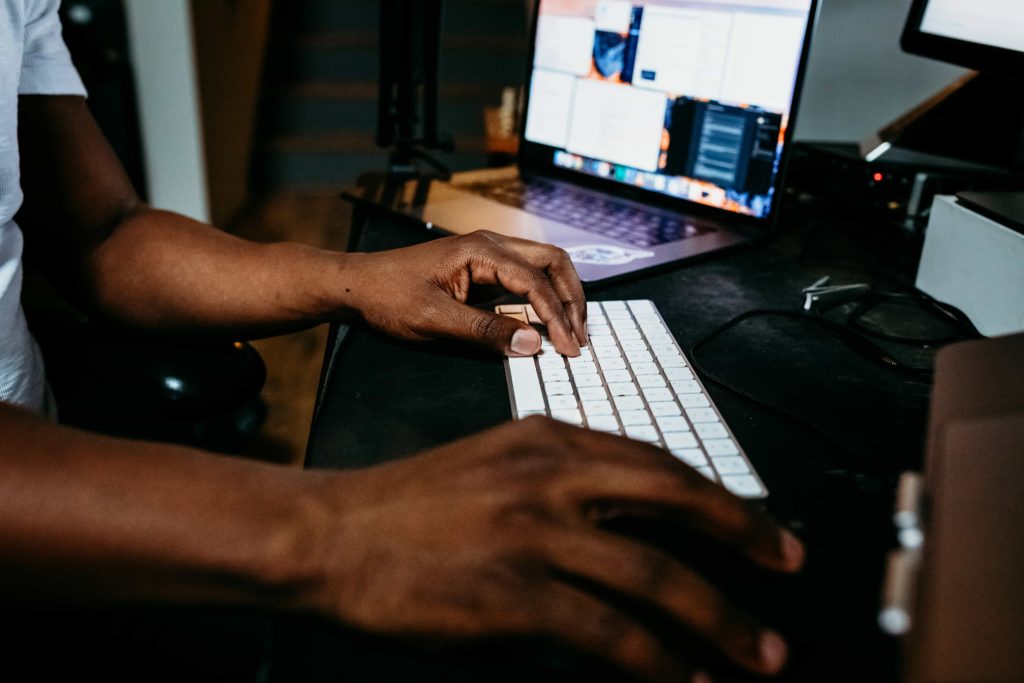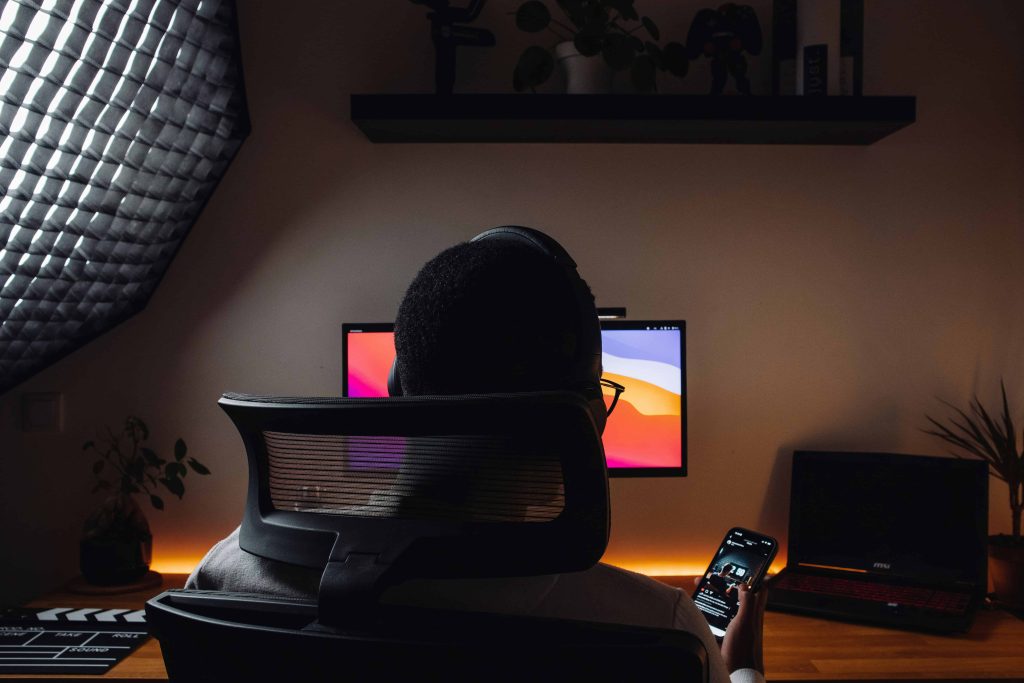
14 Dec Staying Legal: A Copyright Compliance Guide for NFT Creators
Introduction
Non-Fungible Tokens (NFTs) have revolutionized the digital art and collectibles market, providing a new way for creators to monetize their works. NFTs are unique digital assets verified using blockchain technology, ensuring their authenticity and ownership. However, with this innovation comes the necessity to navigate complex legal landscapes, particularly regarding copyright laws. Understanding these laws is crucial for NFT creators to protect their rights and avoid legal pitfalls.
What Copyright Protects for NFT Creators
Define Copyright and the Rights it Grants Creators
Copyright is a legal concept that grants the creator of original works exclusive rights to their use and distribution, usually for a limited time. These rights are known as the “bundle of rights” and include the right to:
- Reproduce the work.
- Prepare derivative works based on the original.
- Distribute copies of the work to the public.
- Perform the work publicly.
- Display the work publicly.
These rights enable creators to control how their works are used and to receive compensation for their intellectual investment.
How Copyright Applies to the Underlying Work in an NFT
When an NFT represents a piece of art, music, or any digital content, it is the underlying work that is subject to copyright protection. For example, if an artist creates a digital painting and mints it as an NFT, the painting itself is protected by copyright law. The creator retains these rights unless they explicitly transfer them to another party. This distinction is crucial for both creators and buyers in the NFT marketplace, as owning an NFT does not automatically confer copyright ownership of the underlying work.
Common Copyright Issues for NFT Creators
Copyright Infringement
Creating NFTs from someone else’s work without permission constitutes copyright infringement. This is a significant risk in the NFT space, where digital works are often copied and sold without proper authorization. Infringement can lead to legal actions, including cease-and-desist orders, financial penalties, and damage to the creator’s reputation.
Fair Use and Public Domain Exceptions
There are exceptions to copyright infringement, such as fair use and public domain works. Fair use allows limited use of copyrighted material without permission for purposes like criticism, comment, news reporting, teaching, scholarship, or research. However, fair use is a complex doctrine and varies by jurisdiction, making it essential for creators to understand its limitations. Public domain works, on the other hand, are not protected by copyright and can be freely used by anyone. Works typically enter the public domain after the copyright term expires or if they are dedicated to the public domain by the creator.
Transfer of Rights with NFTs
Owning an NFT does not automatically grant the buyer copyright ownership of the underlying work. The NFT represents ownership of a unique digital item, but the copyright remains with the creator unless explicitly transferred. This makes it crucial for clear terms regarding copyright transfer to be included in NFT sales. Without such terms, buyers might mistakenly believe they have rights they do not actually possess, leading to potential legal disputes.
How NFT Creators Can Stay Compliant
Originality and Ownership
NFT creators should ensure that their works are original or that they have the proper permissions to use existing works. This involves either creating completely new content or obtaining licenses to use pre-existing content. Using unauthorized content can lead to copyright infringement claims, so creators must be diligent in verifying the originality and ownership of the materials they use.
Clear Licensing Terms
It’s essential for creators to define the terms of copyright ownership and usage rights in their NFT sales contracts. This clarity helps prevent disputes and ensures that buyers understand what rights they are acquiring with the purchase of an NFT. Terms should specify whether the buyer is granted any rights to reproduce, distribute, or display the work, or if they are merely purchasing a collectible item without additional rights.
Considering Copyright Law Advice
For complex cases, NFT creators should consider consulting with an intellectual property attorney. Legal advice can help navigate the intricacies of copyright law and ensure that all necessary precautions are taken to avoid infringement and protect the creator’s rights. Attorneys can assist in drafting clear and enforceable licensing agreements and provide guidance on fair use and public domain issues.
Conclusion
NFT creators must be diligent in understanding and complying with copyright laws to protect their work and avoid legal issues. Key takeaways include the importance of originality, clear licensing terms, and seeking legal advice when necessary. As the NFT market continues to evolve, staying informed about copyright laws will remain essential for creators. By adhering to these principles, NFT creators can safeguard their rights, enhance their credibility, and contribute to a fair and legally sound digital marketplace.
Key Takeaways
Understanding Copyright | NFT creators must understand copyright law to protect and monetize their work. |
Copyright and NFTs | NFTs verify ownership but do not automatically confer copyright of the underlying work. Creators retain these rights unless explicitly transferred. |
Common Copyright Issues | Infringement: Unauthorized use of others’ work can lead to legal consequences. |
Fair Use and Public Domain:This is crucial to understand, but fair use varies by jurisdiction. | |
Transfer of Rights: Clear terms in NFT sales contracts regarding copyright transfer are essential. | |
Compliance Strategies | Originality and Permissions: Ensure works are original or properly licensed to avoid infringement claims. |
Clear Licensing Terms: Define and communicate the terms of copyright ownership and usage rights in NFT contracts. | |
Legal Consultation: Seek legal advice for complex issues to draft enforceable agreements and navigate copyright intricacies. | |
Ongoing Vigilance | Staying informed about evolving copyright laws is essential for protecting rights, maintaining credibility, and contributing to a fair digital marketplace. |
Frequently Asked Questions
What rights does copyright grant to NFT creators?
Copyright grants NFT creators exclusive rights to reproduce, distribute, perform, display, and prepare derivative works based on their original creations. These rights allow creators to control how their work is used and to receive compensation for their intellectual property.
How does copyright apply to the underlying work in an NFT?
The underlying work represented by an NFT, such as digital art or music, is protected by copyright law. The creator retains these rights unless explicitly transferred, meaning owning an NFT does not grant the buyer copyright ownership of the original work.
What should NFT creators do to stay compliant with copyright laws?
NFT creators should ensure their works are original or properly licensed, define clear licensing terms in NFT sales contracts, and consider consulting with intellectual property attorneys. This helps prevent copyright infringement and ensures clarity regarding the rights transferred with the NFT purchase.
Explore the latest advancements in Layer 2 scaling, including technologies like state channels, sidechains, and rollups, and learn how they’re shaping the future of decentralized applications and smart contracts.




